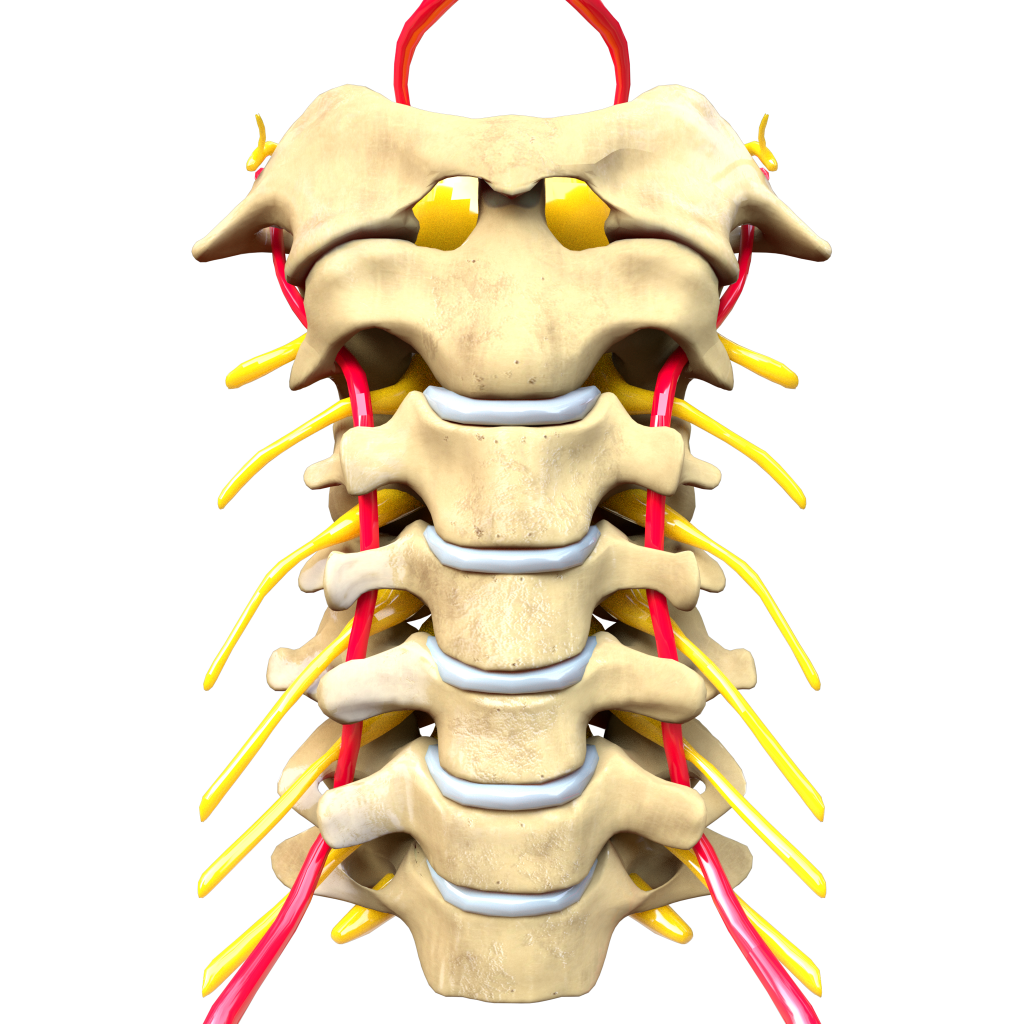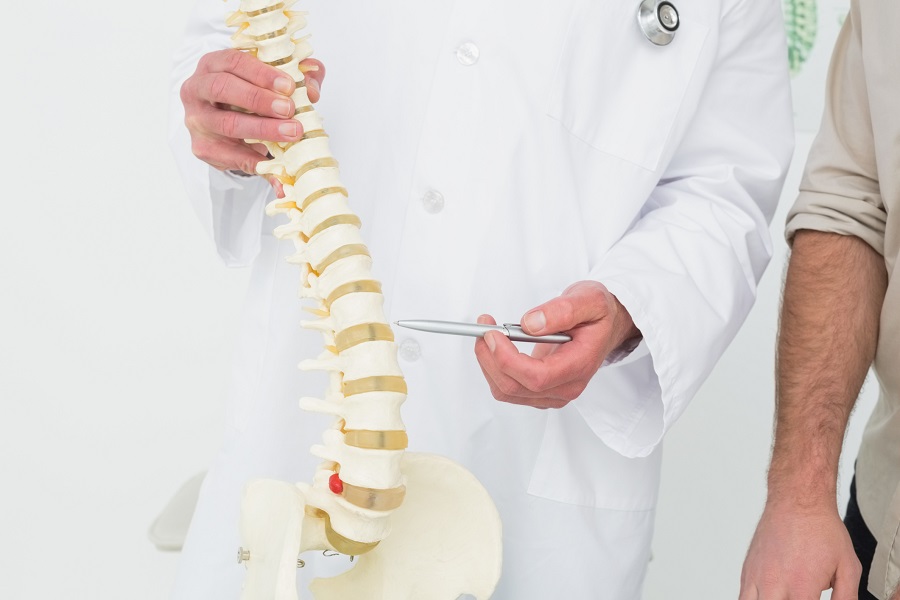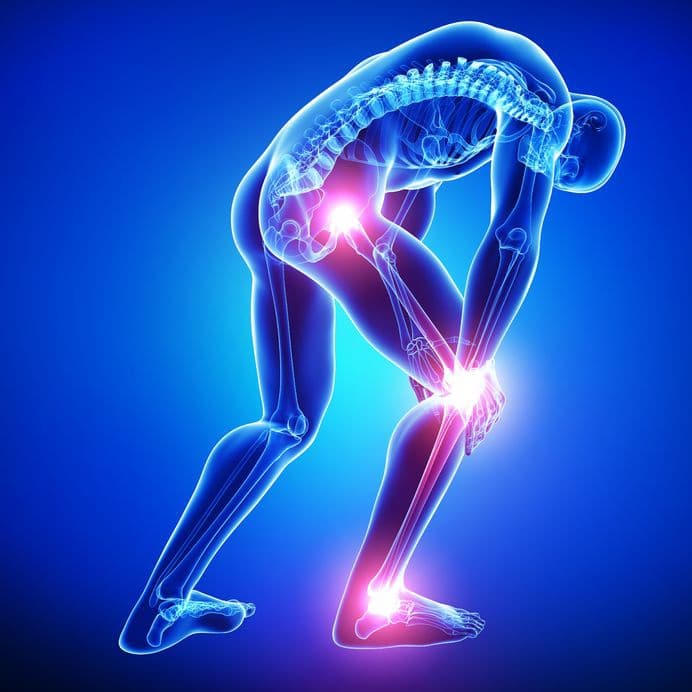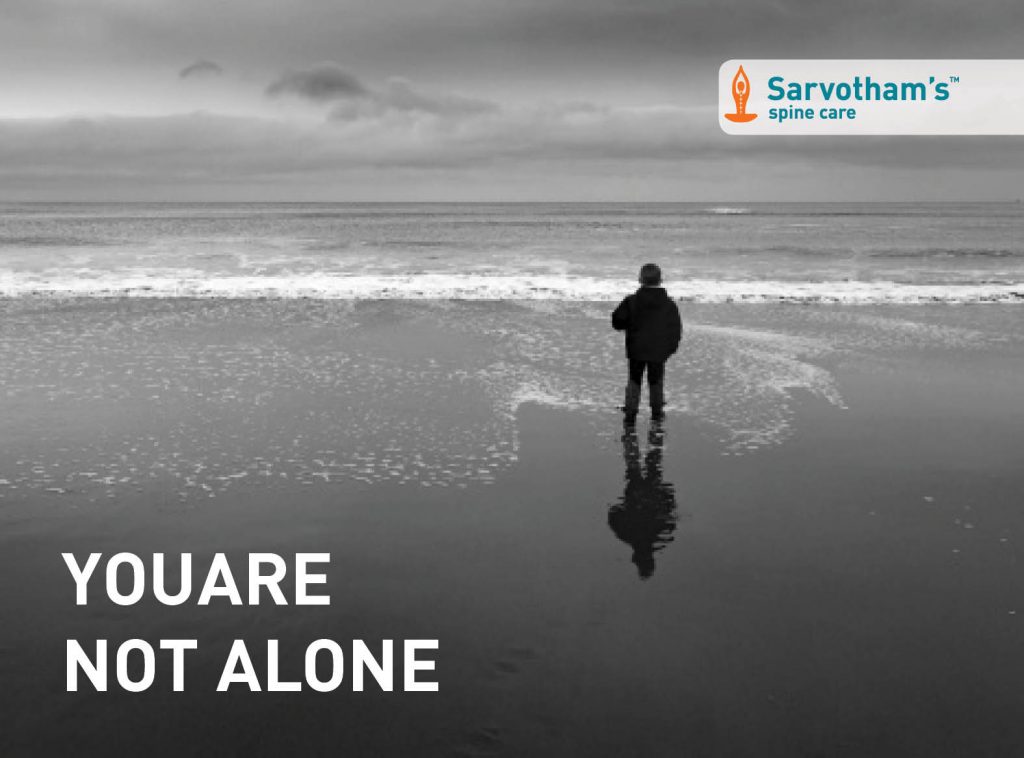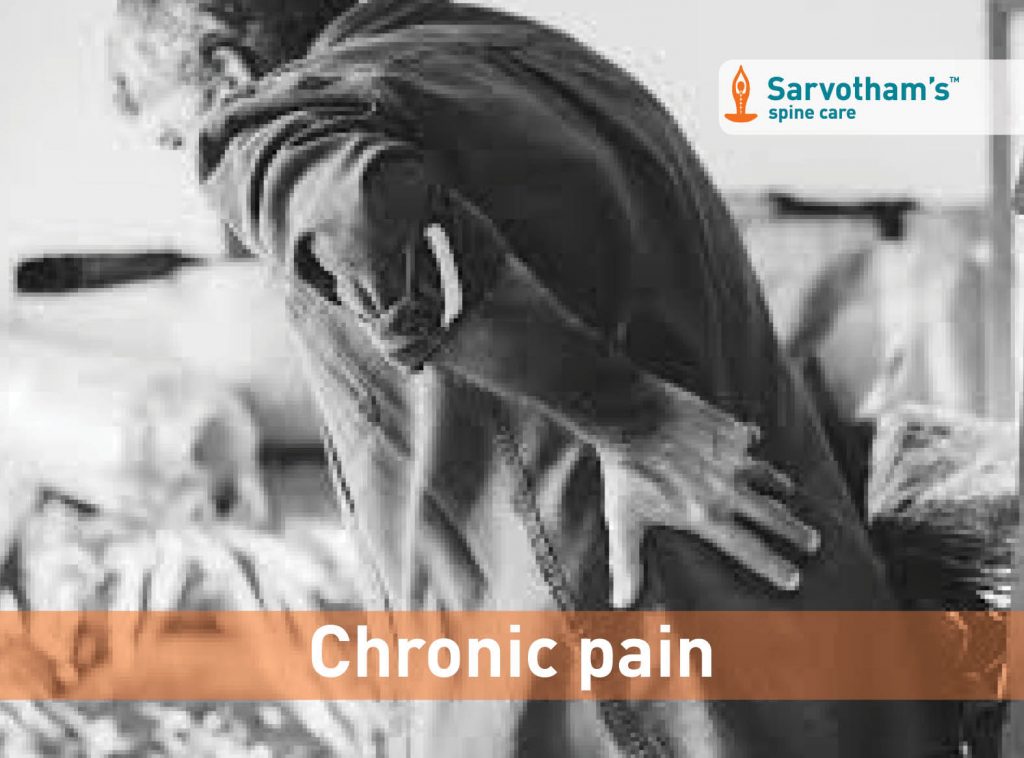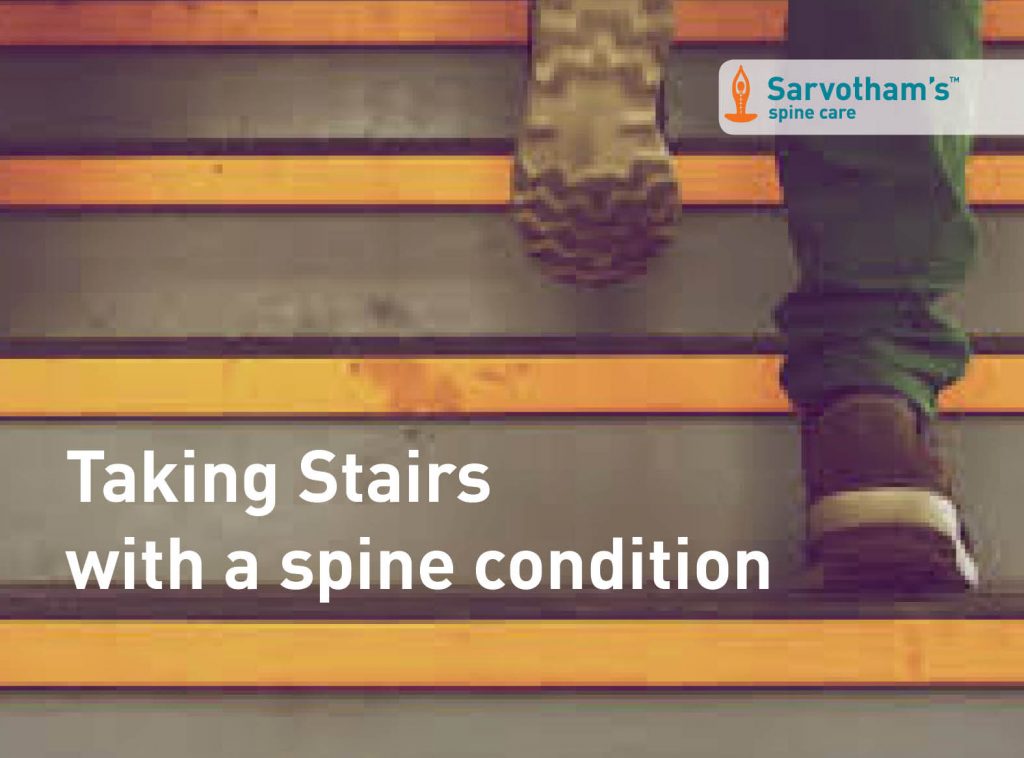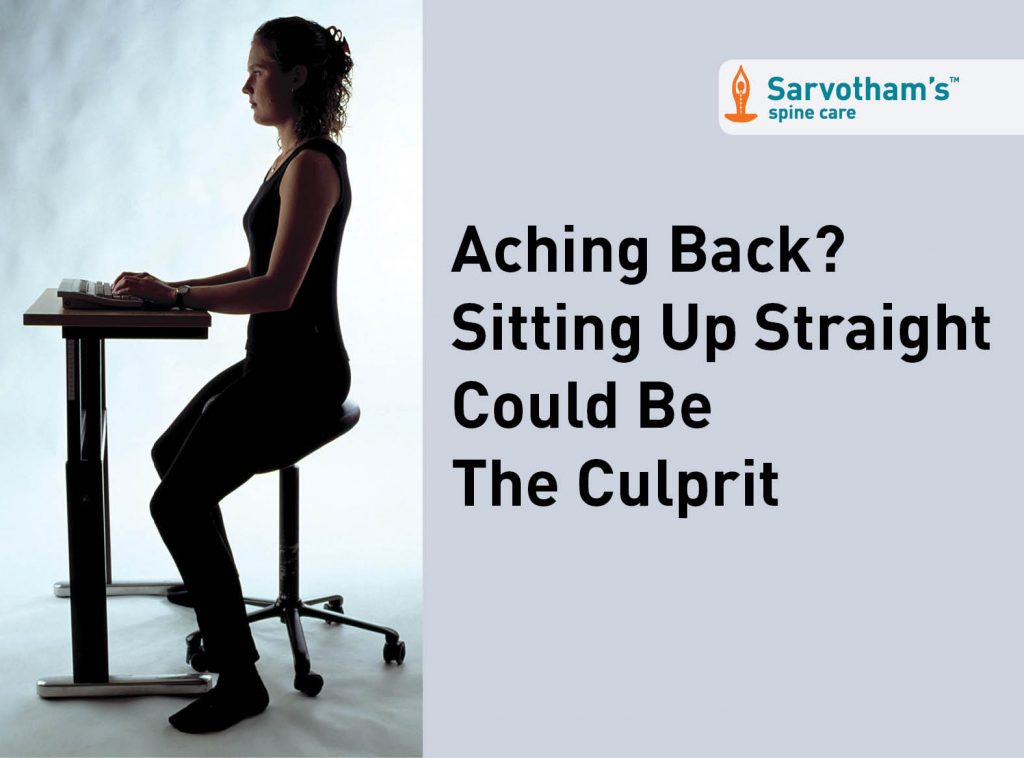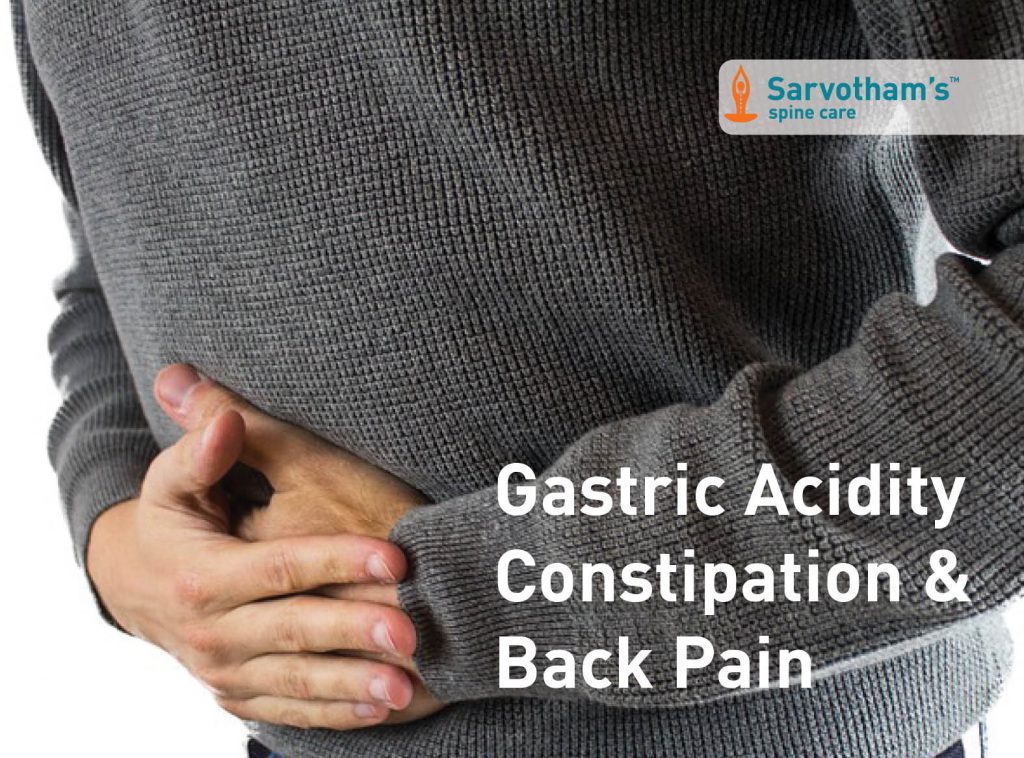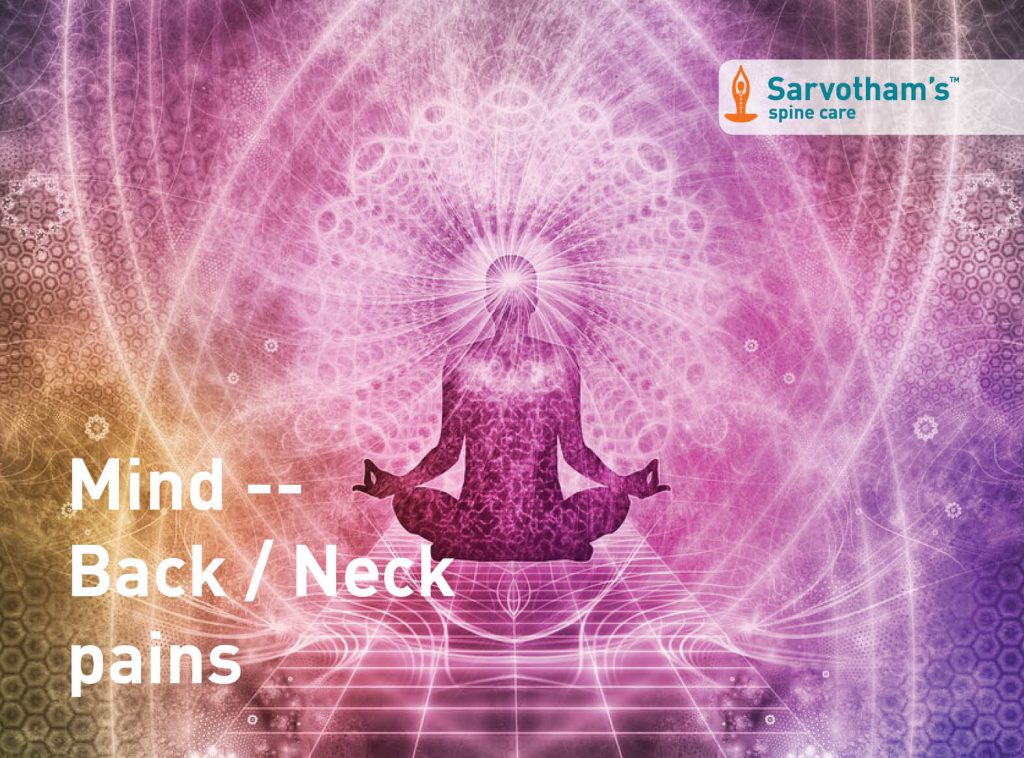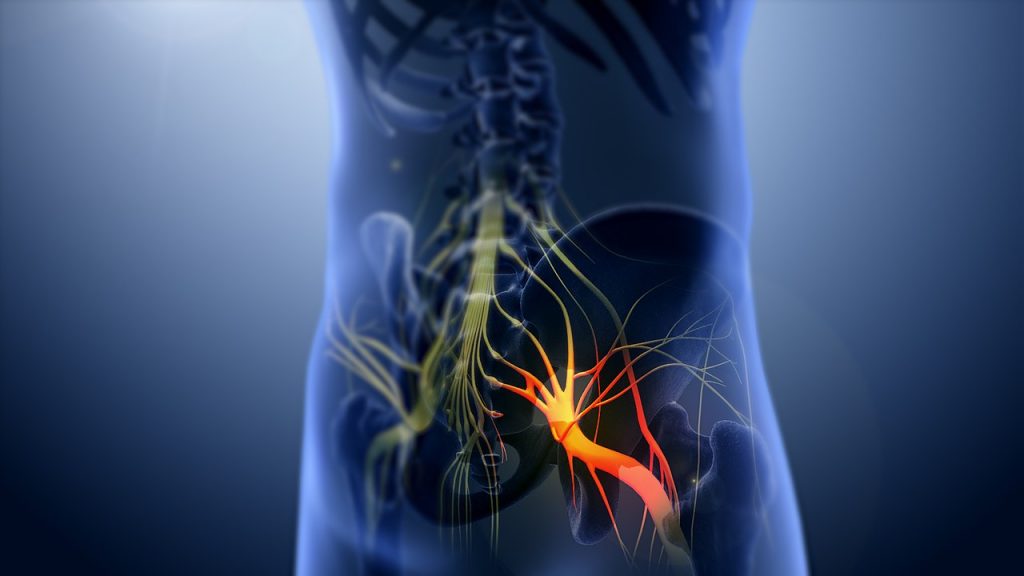
It’s a form of radiculopathy caused by compression of the sciatic nerve, the largest nerve that travels through the buttocks and extends down the back of the leg. This compression causes shock-like or burning low back pain combined with pain through the buttocks and down one leg, occasionally reaching the foot. In the most extreme cases, when the nerve is pinched between the disc and the adjacent bone, the symptoms may involve not only pain, but numbness and muscle weakness in the leg because of interrupted nerve signalling. The condition may also be caused by a tumor or cyst that presses on the Sciatic nerve or its roots, its not always the spinal disc that cause sciatica pain.

